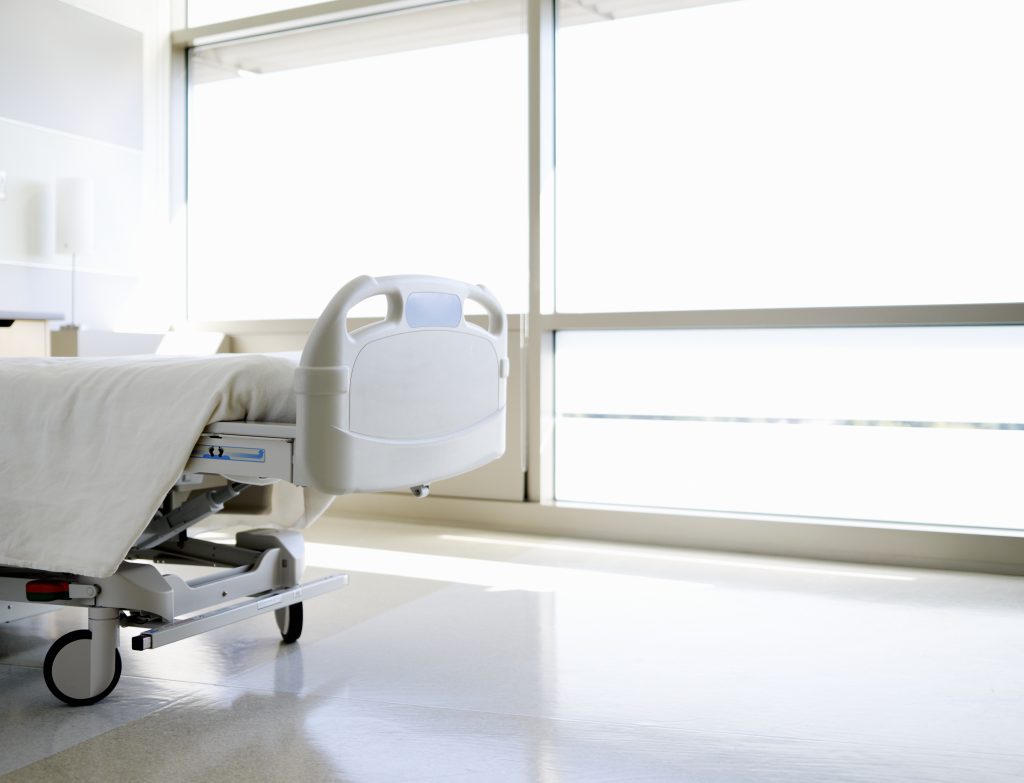Saskatchewan had its highest active COVID-19 cases in 12 weeks on Saturday.

The province’s active infections have increased and now sit at 1,478. It is the highest number since May 24, when it was 1,537. The Saskatoon zone leads the province with 320.
According to the provincial government’s dashboard, there were 187 new cases, bringing the overall infection total in Saskatchewan to 52,252. The seven-day average of new daily infections grew to 155 from 146 on Friday.
In the updated data, Delta variant cases increased to 1,224 from the previously reported 1,130. Of the 12,430 variants of concern (VOCs), 8,784 have lineages identified by whole-genome sequencing.
The province’s hospitals are currently providing care for 89 patients with COVID-19: 74 are receiving inpatient care and 15 are in intensive care units. This is the most hospitalizations since June 16, when there were 92.
The total number of people who have recovered from the virus has grown to 50,188 following 90 more recoveries.
According to the dashboard, 2,307 COVID-19 tests were performed on Friday. To date, 997,669 tests have been carried out in the province.
A total of 1,458,806 doses of COVID-19 vaccine have been administered in Saskatchewan, provincial government officials said. The dashboard showed that 183 of Friday’s 244 new cases were people who were unvaccinated.

Questions about COVID-19? Here are some things you need to know:
Symptoms can include fever, cough and difficulty breathing — very similar to a cold or flu. Some people can develop a more severe illness. People most at risk of this include older adults and people with severe chronic medical conditions like heart, lung or kidney disease. If you develop symptoms, contact public health authorities.
To prevent the virus from spreading, experts recommend frequent handwashing and coughing into your sleeve. They also recommend minimizing contact with others, staying home as much as possible and maintaining a distance of two metres from other people if you go out. In situations where you can’t keep a safe distance from others, public health officials recommend the use of a non-medical face mask or covering to prevent spreading the respiratory droplets that can carry the virus. In some provinces and municipalities across the country, masks or face coverings are now mandatory in indoor public spaces.
For full COVID-19 coverage, visit the Global News coronavirus web page.



Comments